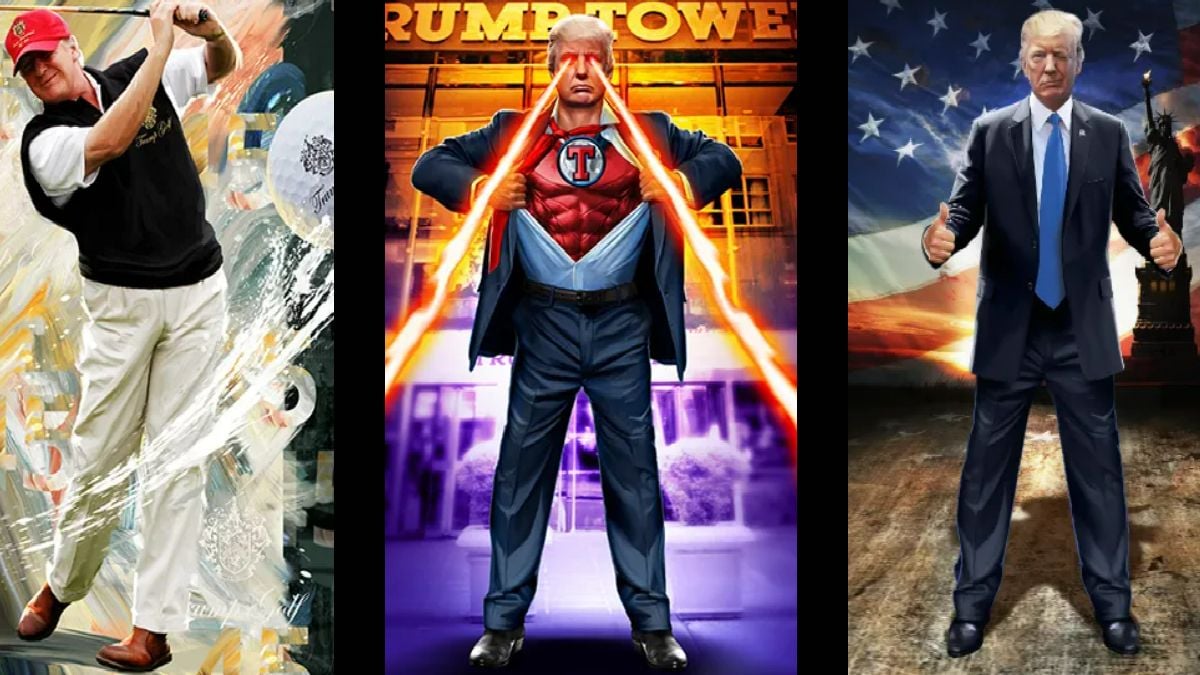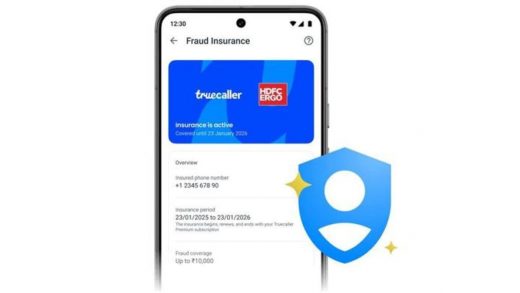
The US, in recent years, has emerged as one of the most crypto-friendly nations in the world with more investors and merchants experimenting with digital assets there. At a time when the nation is conducting research and studies around the need and use-cases of the blockchain-based digital dollar CBDC, former President Donald Trump has ignited debate around the subject after his recent speech at New Hampshire, US. CBDCs are essentially the digital representations of fiat currencies and as a concept, the idea of CBDCs has gained major traction in several parts of the world including India.
Trump reportedly vouched to block the creation of a CBDC in the US, calling it a ‘dangerous threat to freedom’. A video shared by Coinpedia on X shows Trump making anti-CBDC remarks earlier this week.
During New Hampshire campaign, Donald Trump pledges to ban central bank digital currency, citing it as a dangerous threat.
Trump, joined by ex-candidate Vivek Ramaswamy, vows to prevent federal control over citizens’ money.
The former president argues that CBDC creation poses… pic.twitter.com/wI8EPXXKvT
— Coinpedia (@CoinpediaNews) January 18, 2024
Conducting transactions via a CBDC could help countries go cashless, and subsequently help them become more eco-friendly. In addition, CBDC transactions would help remittance-dependent nations wire-in more capital from their diaspora working abroad because transactions via CBDCs will be fast and almost free in comparison to what money transfer services like Western Union process after cutting their commissions.
Ideally, if the US was to issue a digital dollar CBDC, it would be minted and regulated by the US Federal Reserve. In 2022, US’s current President Joe Biden had ordered several agencies, including the Treasury Department, to examine the pros and cons of introducing a CBDC into the existing US financial system.
Trump’s dismissal of giving a CBDC a try, brings back memories from his anti-crypto statements, that he had made in the US two years ago.
“Bitcoin, it just seems like a scam. I don’t like it because it’s another currency competing against the dollar,” the controversial billionaire businessman told Fox Business in 2021.
But then he confused people about his stance on digital assets when he released his collection of self-inspired NFTs in 2022. The former President of the US had released a collection of 45,000 fantasy cards called the ‘Trump Digital Trading Cards’. The NFTs are based on the Polygon blockchain and are priced at $99 (roughly Rs. 8,200). Buyers will also be able to make the purchases in Ether (ETH) tokens and fiat currencies. The move was perceived to help Trump connect with a younger generation of voters.
Meanwhile, Trump’s stance to stop the research and approvals around the CBDC is not the first pull back that this digital dollar has witnessed in the US in recent times.
Back in June 2023, US Congressman Alex Mooney had proposed a bill called the Digital Dollar Pilot Prevention Act (H.R. 3712), urging the US Federal Reserve to stop the research and development related to the introduction of the digital dollar CBDC.
The proposal extended at the time said that the acceptance of a CBDC poses a threat to the financial privacy of the citizens while potentially opening the door to government surveillance.
For now, it remains unclear whether or not the US will get a CBDC. Regardless, discussions around the creation of a CBDC and the exploration of the crypto sector, has emerged as a hot topic in the US. As per a report by Decrypt, Ron DeSantis, Govenor of Florida has announced that the state would accept Bitcoin as a payment mode for taxes from businesses operating in the state.


